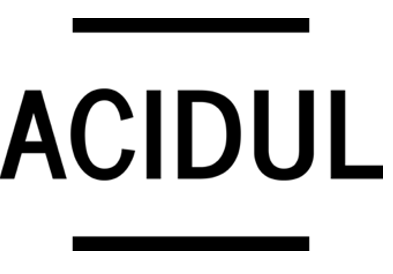Finding funding for a doctoral or postdoctoral research often feels like an uphill battle. Funding sources are limited, and project submission deadlines vary from one place to another, not to mention scholarships and subsidies that are specific to particular fields or target a specific category of researchers.
Below, you will find some information on funding opportunities at UNIL for both doctoral and postdoctoral research.
Funding a PhD
If you wish to pursue a PhD at UNIL, several funding options are available to you:
- You can find a position as a graduate assistant (assistant·e diplômé·e) by checking UNIL’s job offers
- You can be hired as a PhD student on a SNSF (or other external funding) project by a professor. These positions are generally advertised here
- You can choose to self-finance your PhD by working alongside it, e.g., as a teacher in a school
- You can find another means of funding, such as a scholarship or grant
Please note that a minimum income of 2500 Swiss francs per month is necessary to live decently in Switzerland. We strongly advise you to discuss your funding options with your supervisor before you start your PhD.
The following pages provide information on available scholarships at UNIL:
Foreign nationals are also eligible for the following scholarships, although the amounts that are offered are insufficient to live in Switzerland:
- Swiss Government Excellence Scholarship
- China Scholarship Council
- Scholarship from the Republic of Indonesia
If you are the recipient of one of these three scholarships, you can apply for a complementary scholarship (bourse complémentaire) from UNIL.
You can also find information on funding opportunities, including outside of UNIL and Switzerland, at the following links:
- open4research – a tool developed by UNIL to find research funds
- fundraiso – an online portal for finding foundations and benefactors.
Funding postdoctoral research
To pursue a postdoctoral position at the University of Lausanne, you have the following options:
- You can find a position as a first assistant, senior SNSF researcher, or maître assistant. Job offers for these positions can be viewed here
- You can secure funding from a foundation (see this page and this page)
- You can submit a project to the Swiss National Science Foundation (SNSF)
Feel free to contact the research consultants of your faculty for personalized advice.
Private vs public funding
In 2022, ACIDUL, in collaboration with the Service Recherche and the Graduate Campus, looked into private funding of research (by foundations, associations, NGOs, etc.) at UNIL. To better understand the extent of this support and the conditions under which it is granted, an online survey was sent to PhD students and the mid-level academic staff, including ALUMNIL. Questions concerned, for instance, the type of funding (research project with salary; research expenses; research project with third-party salary; conference, etc.; research stay outside of UNIL; other), the amount requested, and the answer obtained.
Several results are worth sharing.
First of all, requests for funding by private organizations – which therefore exclude funds granted by UNIL and the Swiss National Science Foundation (SNSF) – mainly come from the Faculty of Biology and Medicine. Such a finding is not surprising given that the faculty has long called on private donors. Moreover, projects with a salary make up most applications, which confirms the scarcity of public funding offers today. Next are applications for research costs (e.g. field work, visits to archives, publication fees), followed by projects with third-party salaries, which allow to fund other researchers.
Candidates submitted applications for funding to 56 different organizations. Among these, the most solicited are the Société académique vaudoise, the Emma Muschamp Foundation, the Novartis Foundation for Medical-Biological Research and the Erna Hamburger Foundation.
Regarding the status of the candidates at the time of application, 57% of them were without a contract. In other words, they did not have any kind of public funding. PhD students who do not have or no longer have funding are over-represented.
Furthermore, it appears that 60% of applications did not result in any funding at all, and only a quarter of applications could have funded a little less than a year’s salary for a PhD student had they been successful. The most generous organizations are the following: Fondation Leenaards, Bryn Turner-Samules Foundation, Swiss Lung Association, Emma Muschamp Foundation.
Finally, it should be noted that few people responded to our survey compared with the number that received it (between 4000 and 4500 people). Could such a low response rate indicate a low rate of demand for this type of funding at UNIL? Besides, there seems to be a certain confusion between public and private funding. Indeed, many responses had to be discarded because they concerned public funding.
In any case, it is good to keep in mind that most of the time private funding can only support research and not actually fund salaries for researchers.
